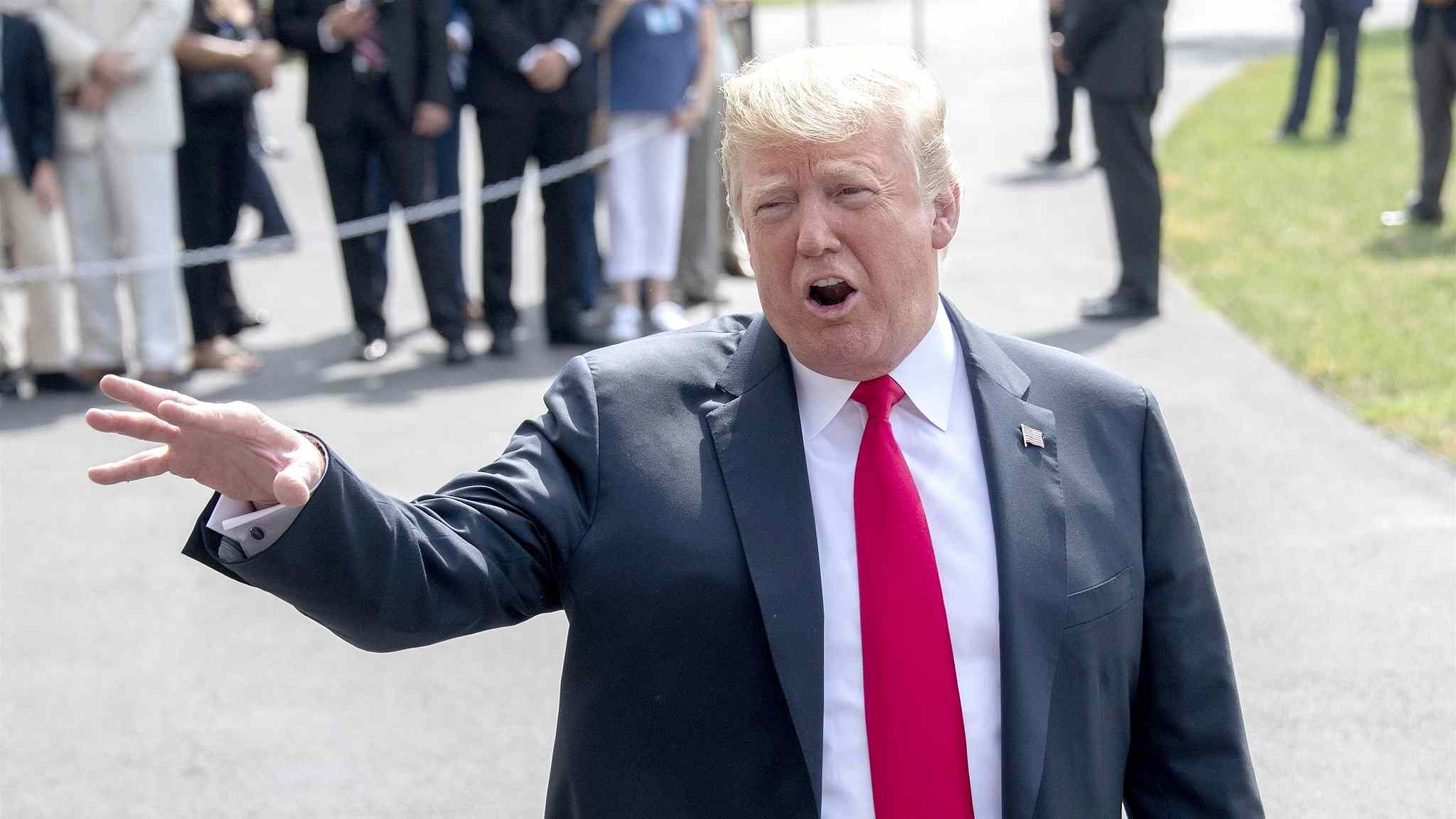The U.S. House launched the first public hearing Wednesday of Donald Trump's impeachment investigation, the extraordinary process to determine whether the 45th president of the United States should be removed from office.

Rep. Adam Schiff, the Democratic chairman of the House Intelligence Committee, opened the hearing for the start of testimony.
It's a remarkable moment, even for a White House full of them. The hearing is the first chance for America, and the rest of the world, to see and hear for themselves about Trump's actions toward Ukraine and consider whether they are, in fact, impeachable offenses.
The proceedings were being broadcast live, and on social media, from a packed hearing room on Capitol Hill. Only three U.S. presidents have faced such hearings before, and real-time Twitter commentary is expected from the president himself.
Testifying will be two seasoned diplomats, William Taylor, the graying former infantry officer now charge d'affaires in Ukraine, and George Kent, the deputy assistant secretary in Washington, telling the striking, if sometimes complicated story of a president allegedly using foreign policy for personal and political gain ahead of the 2020 election.
So far, the narrative is splitting Americans, mostly along the same lines as Trump's unusual presidency. The Constitution sets a dramatic but vague bar for impeachment, and there's no consensus yet that Trump's actions at the heart of the inquiry meet the threshold of "high crimes and misdemeanors."
Trump calls the whole thing a "witch hunt," a retort that echoes Nixon's own defense. "READ THE TRANSCRIPT," he tweeted Wednesday.
At its core, the inquiry stems from Trump's July 25 phone call with Ukraine's newly elected president, Volodymyr Zelenskiy when he asked the Zelenskiy for "a favor."
Trump wanted the Ukraine government to investigate Democrats in the 2016 election and his potential 2020 rival, Joe Biden, all while holding as leverage military aid the young democracy relies on as it confronts an aggressive Russia.
An anonymous whistleblower first alerted officials to concerns about the phone call.
Democratic House Speaker Nancy Pelosi was initially reluctant to launch a formal impeachment inquiry. But she pressed ahead in September after the whistleblower's complaint.
The White House has instructed officials not to testify in the inquiry. Both witnesses received subpoenas to appear.
Source(s): AP